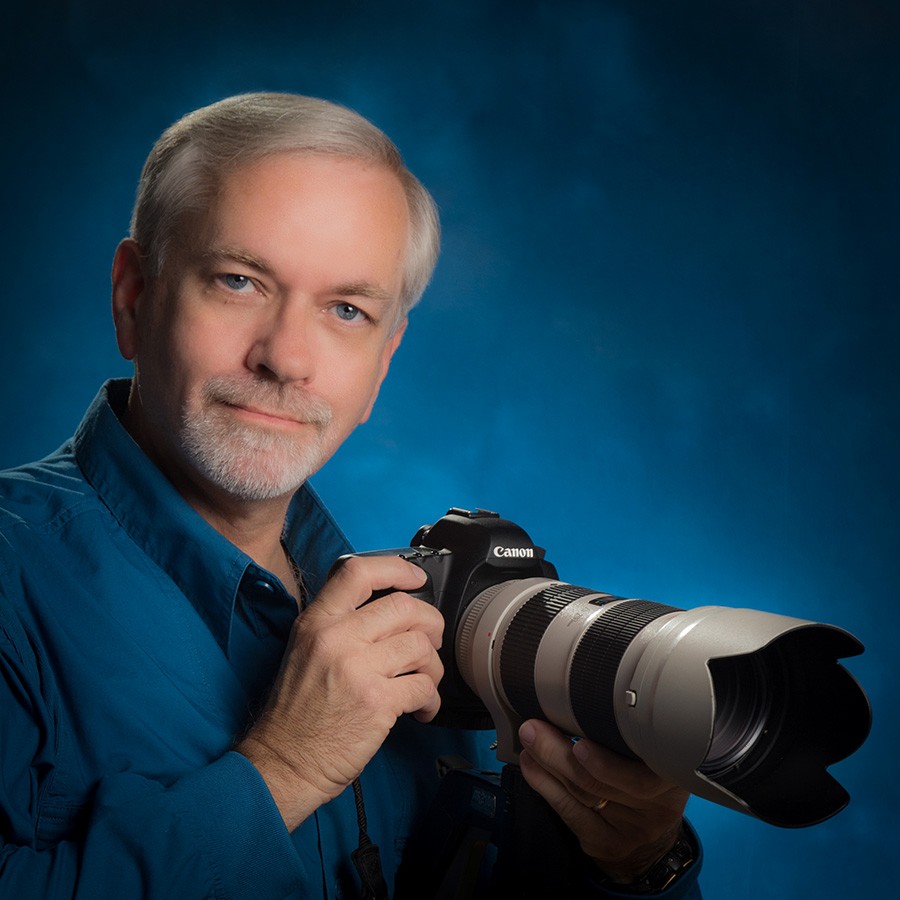We were lucky to catch up with David Anderson recently and have shared our conversation below.
Alright, so we’re so thrilled to have David with us today – welcome and maybe we can jump right into it with a question about one of your qualities that we most admire. How did you develop your work ethic? Where do you think you get it from?
To me, having a strong work ethic means being professional and treating customers and clients like I would like to be treated. It also means that you must be reliable and dependable when it comes to the actual work. Whether you’re the CEO or the janitor, you need to show up when you’re supposed to, and do the job to the best of your ability. My parents instilled all of this into me when I was growing up.
For a real world example, a couple of weeks ago a new customer brought in a scanning order. I discussed the project with her to confirm what she wanted, filled out the order form, and charged her credit card for the deposit. When she left, she thanked me for being so professional and said that you don’t always get that anymore. She picked up her finished project last week, and later that evening left us a nice 5-star Google review. That makes it all worth it.
Appreciate the insights and wisdom. Before we dig deeper and ask you about the skills that matter and more, maybe you can tell our readers about yourself?
I’ve been in the photography industry for many years, and I have a very wide range of experience. As a photographer, I’ve photographed almost everything you could think of in both the portrait and commercial categories. The commercial segment includes about seven years of traveling all around the U.S. doing magazine photography for one of the world’s largest oil companies. In the portrait world, in addition to families and individuals, I’ve photographed many celebrities, politicians, and other notable people. These days, my primary “focus” is on executive portraits and headshots.
However, what really excites me now is the photo scanning business I’ve built. As a studio owner, I’ve offered photo restoration services for many years, but always had customers asking if we could do something with the shoeboxes full of old family photos that they had. In 2016 I decided to purchase an industrial photo print scanner. I then put up a website and started to offer photo digitizing on a very limited basis. I did most of the work myself, but had some part-time help as well. Then, in 2020 the pandemic struck, and the State shut down all of us non-essential businesses. I had time to think and I realized that most everybody else was sitting at home as well, and many of them had time to organize their family photos. Once we were able to reopen, the photography business was pretty slow so I ran a couple of social media ads for photo scanning, and lo and behold, it took off!
Now, over three years later we’ve added the necessary equipment and employees to allow us to offer film and high-volume slide scanning, as well as video and movie film transfers. We’re currently working on a long-term project digitizing nearly 200,000 slides for a large construction company. That project has to be done in a very specific way, and required an 18 page contract, updates to our insurance policies, and other hoops that we had to jump through. We’ve been working on it for over 9 months now, but it’s nearing completion. Business has never been better.
Looking back, what do you think were the three qualities, skills, or areas of knowledge that were most impactful in your journey? What advice do you have for folks who are early in their journey in terms of how they can best develop or improve on these?
When I started my first photography business many years ago, I knew very little about sales, marketing, or really any other aspect of making a successful business. I failed miserably. It took awhile, but I eventually learned from my mistakes. I took classes, attended conferences and seminars, and did everything I could afford to do to learn what was really required to be successful in business.
People are always telling others to “follow their passion”, but it takes a lot more than passion to be successful in any business. I’ve often had young people ask me how to become a professional photographer. I always ask them if they have any interest in learning about the business part of it. If they don’t, I usually recommend that maybe they would be happier if they kept photography as a hobby, and did something else to pay the bills. To make it in any business, you have to know how to market, sell, and handle the administrative parts of that business, or be lucky enough to be able to hire others to do those things for you.
How would you describe your ideal client?
In the photo scanning business, many of our individual clients tend to be older. They are often retired and want to downsize, but don’t want to lose the years of family memories that they have accumulated in photo albums, videos, and more. They want to save them and share them with their children and grandchildren. Other people realize that most photographic materials deteriorate over time, and that digitizing them can preserve them. Our younger clients are often doing the same, but for the estate of their parents or grandparents. Still others are writing books about their family history and need to have old photos copied for publication.
Businesses and professionals also often need to digitize their company’s photo archives. Architects, construction companies, and real estate professionals can all be good potential clients.
Contact Info:
- Website: https://www.photoscanexpress.com/
- Facebook: https://www.facebook.com/photoscanexpress
- Linkedin: https://www.linkedin.com/in/daphoto/
- Other: Google Maps and Reviews: https://maps.app.goo.gl/FuFTyV87VwZcFFK97
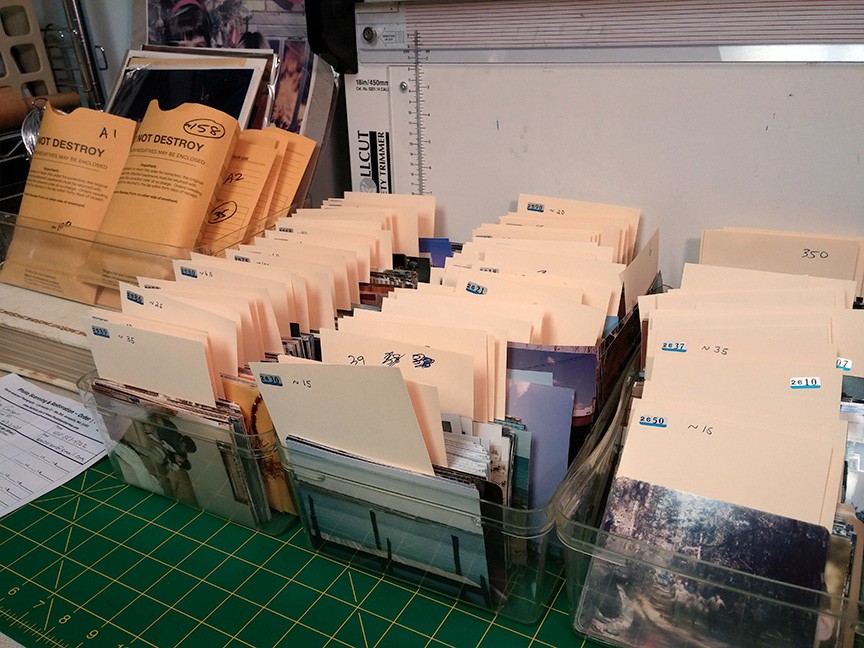
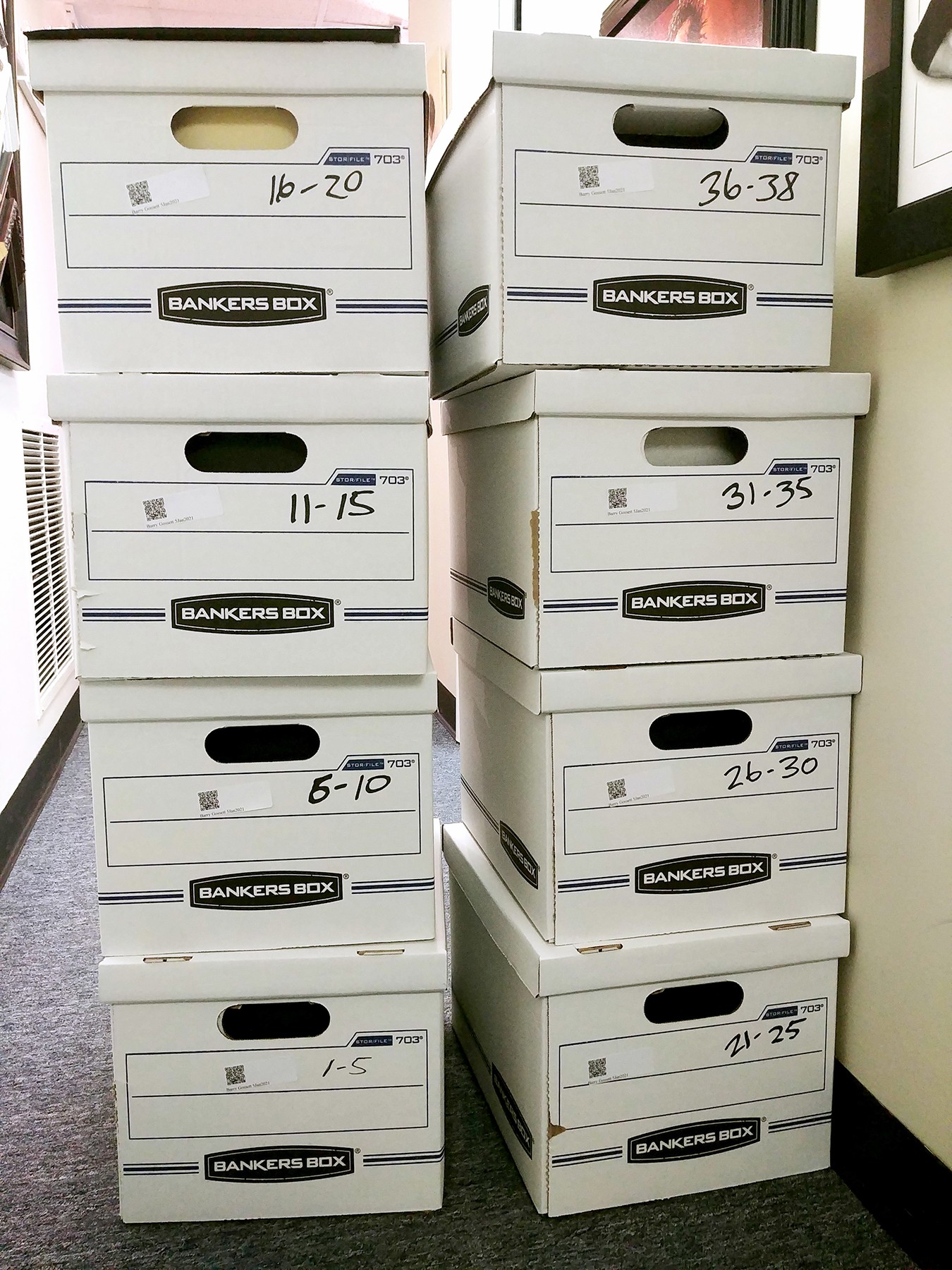
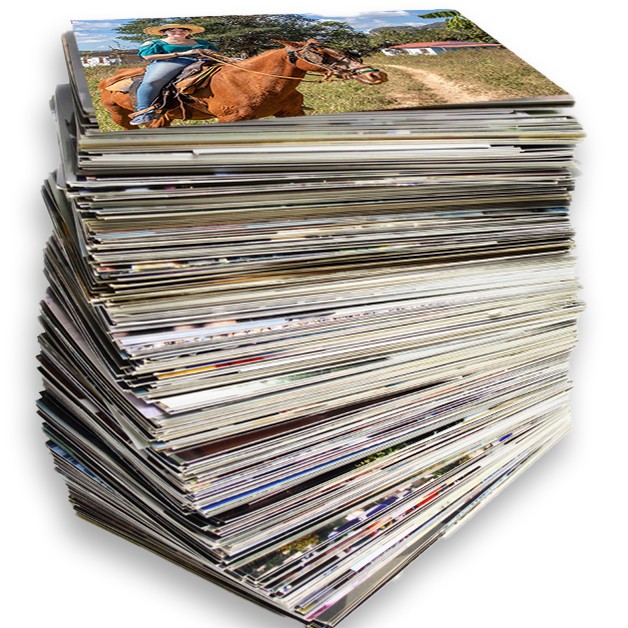
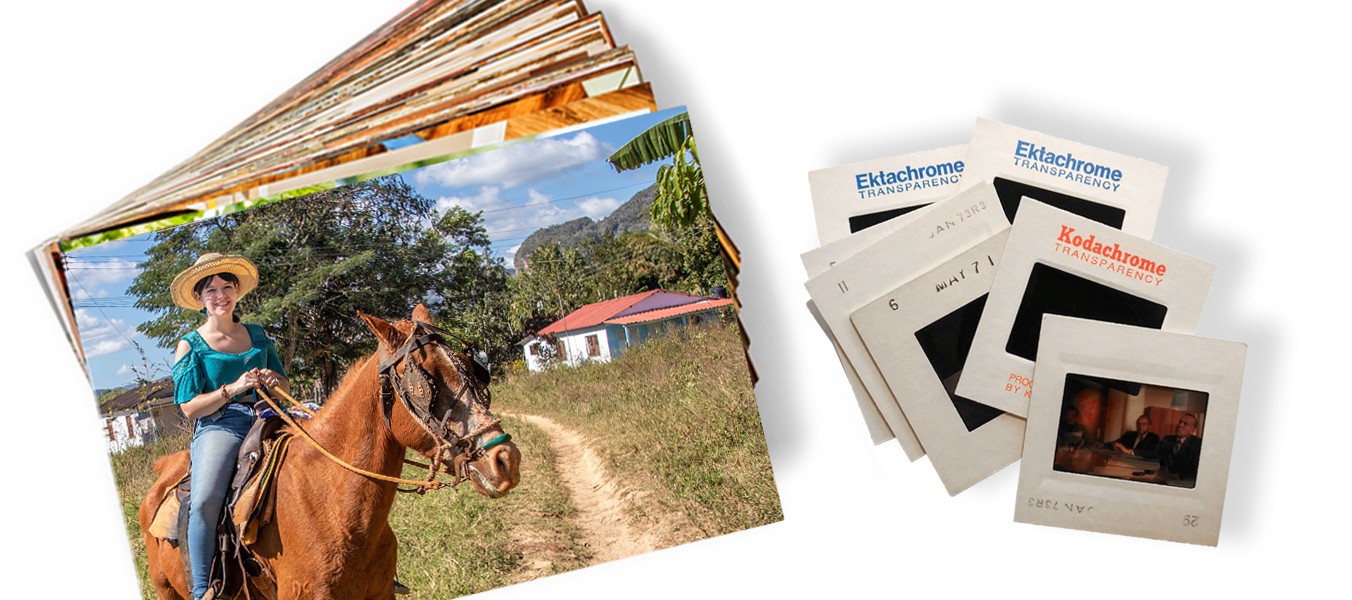

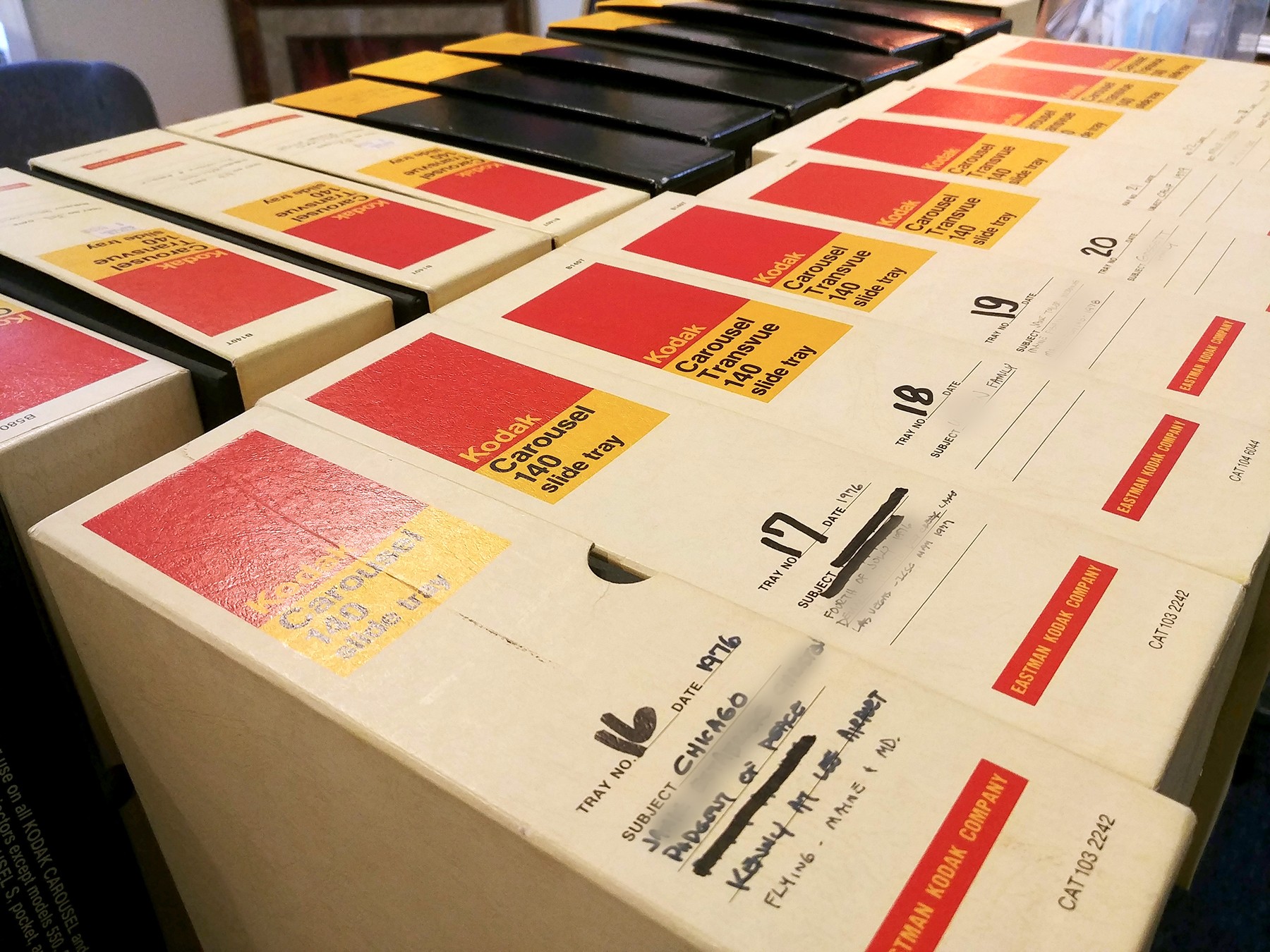
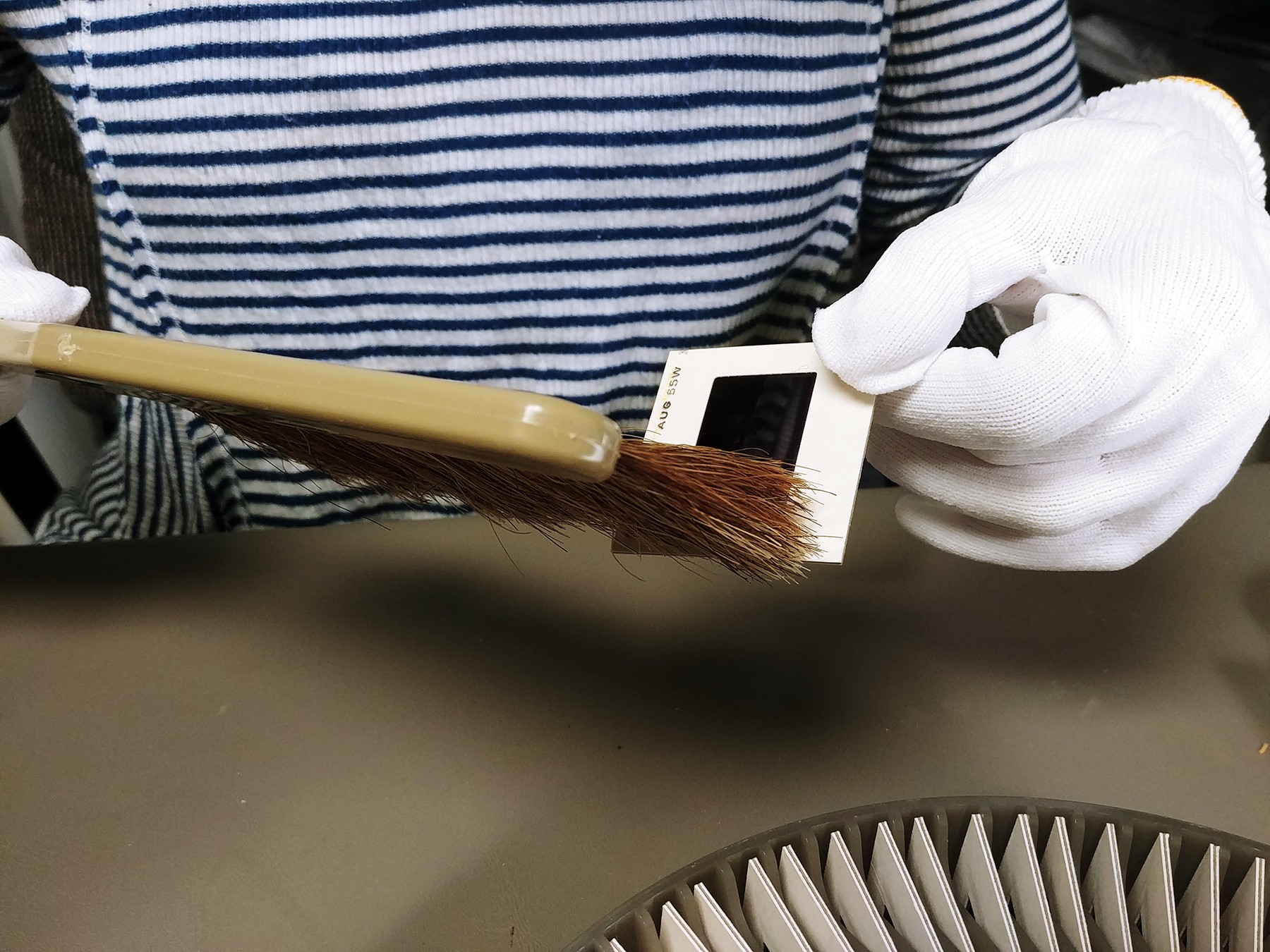

Image Credits
David Anderson

